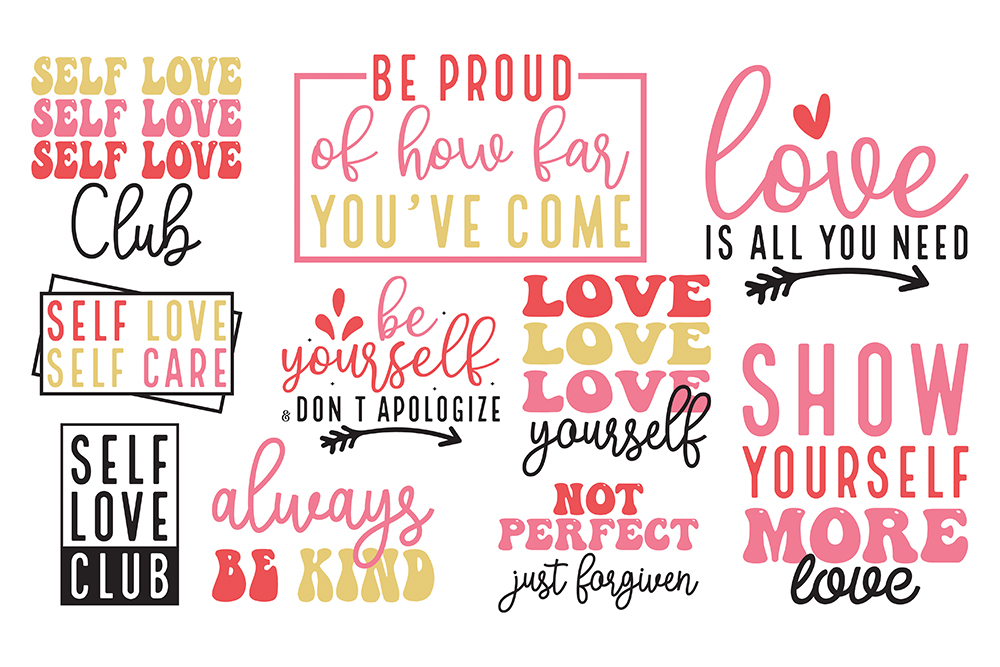
Hitting the proverbial reset button can seem downright impossible, especially with jam-packed calendars that can leave little time to breathe mentally — but an OUWB program offers one solution.
“Virtual Healing Spaces” is a program from OUWB’s Diversity & Inclusion department that recently celebrated its one-year anniversary.
Held about once a month during the academic year, the one-hour sessions promise “an environment where reflection, calm, and community can be nurtured and thrive.”
Sessions include therapeutic music, mental health resources, and a safe space to “dialogue, listen, learn, and heal.” They are free and open to OUWB students, staff, and faculty.
“A virtual healing space is basically a mental massage and a brave space to allow our community to come together, breathe, and destress,” says Tonya Bailey, Ph.D., associate dean, Diversity, Equity & Inclusion, and Community Engagement.
“We created virtual healing spaces for the world we live in today,” she adds. “How often do you find intentional spaces where people are just breathing together…healing together?”
Bailey, who joined OUWB in late 2022, says she previously led similar kind of events prior to joining the school.
During an AAMC program called “Restorative Justice in Academic Medicine Facilitator Training,” Bailey says virtual healing sessions also were discussed.
“It was confirmed that this is another way that we could promote diversity, equity and inclusion and, more importantly, promote belonging for the communities that we’re in,” she says.
Virtual healing spaces also allow participants to take a mental break, too.
“We all go through a variety of different challenges…but we often don’t know where to release those energies or find a calm space to launch from,” says Bailey. “Virtual healing spaces offer a possible solution.”
The Jan. 12 session was typical of what participants can expect.
The session began with calming spa-like music and different images of positivity and inspirational quotes along with available mental health resources. Participants were told they can participate in the session however they feel most comfortable — with cameras on and actively engaged in any discussions or simply leave camera off and listen.
Bailey then led a guided meditation that was generally centered on techniques used to relax, before switching gears and talking about mental health-related issues prompted by recent headlines as well as her own personal experiences.
The session then switched back to meditative techniques before concluding.
OUWB Student Mental Health Counselor Ashley Watters, M.A., LPC, says there are many benefits to taking the kind of “time-out” offered by opportunities like the virtual healing spaces.
“It’s really all about being a safe space for people to decompress, destress, and connect,” she says.
Watters says the benefits can sometimes serve as an alternative to traditional therapy, but in a shorter amount of time and with more people involved.
“When it comes to medical school, whether you’re a student, faculty, or staff member, you’re working at one of the highest levels academically,” she says. “When you have permission to just rest, it can be a powerful experience."
And that’s what it’s all about for Bailey.
“I have been in meetings where someone has told me how happy they were to have done a virtual healing space because they’re able to tackle challenges with projects or handle a situation better,” says Bailey.
“I’ve also heard people say that relationships inside of their workspace have improved because of it,” she adds.
The next two virtual healing space sessions are scheduled for March 8 and April 12, from noon to 1 p.m. RSVP by clicking here.
For more information, contact Andrew Dietderich, marketing writer, OUWB, at [email protected].
To request an interview, visit the OUWB Communications & Marketing webpage.
This work is licensed under a Creative Commons Attribution-NonCommercial 4.0 International License.

